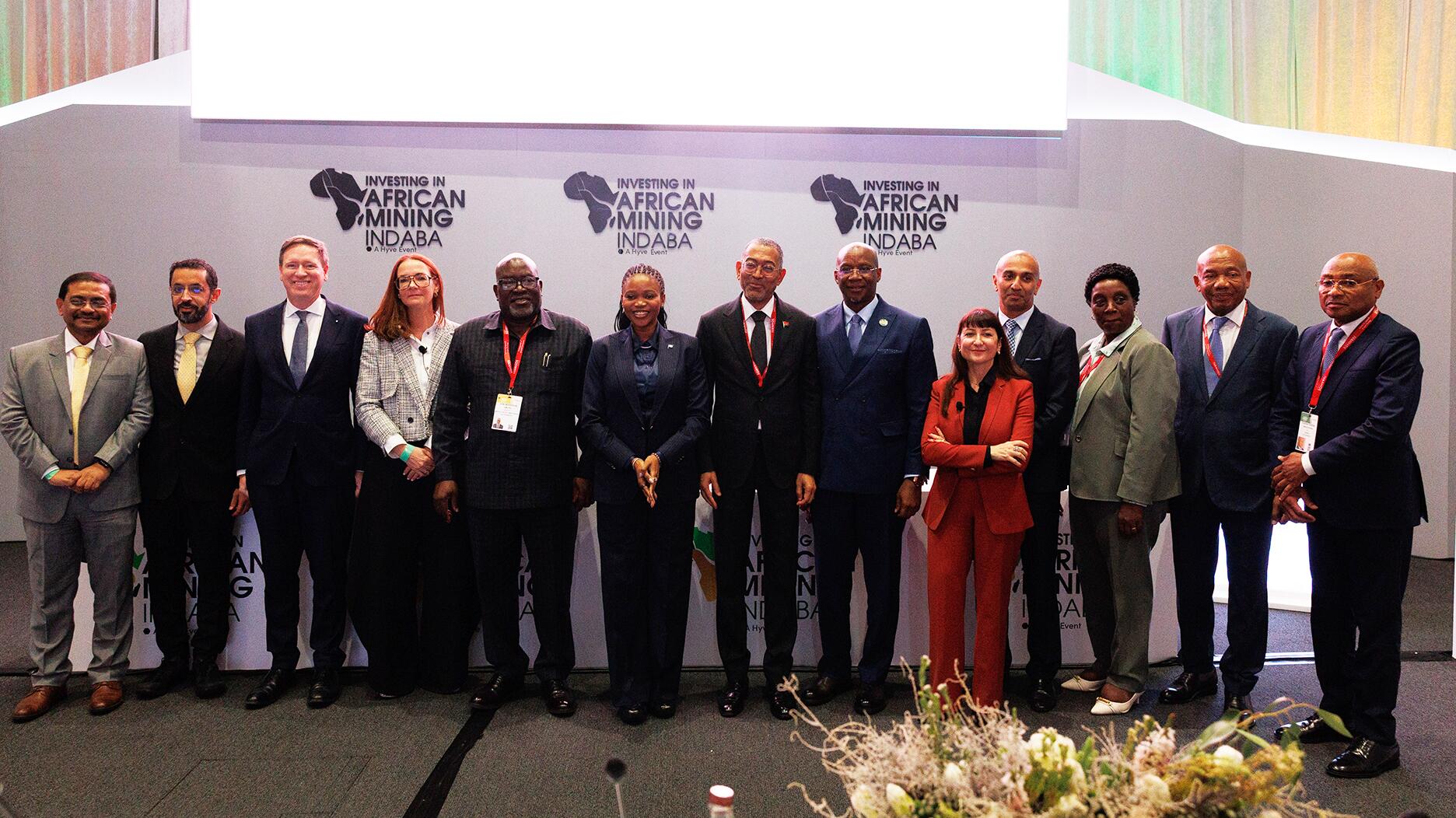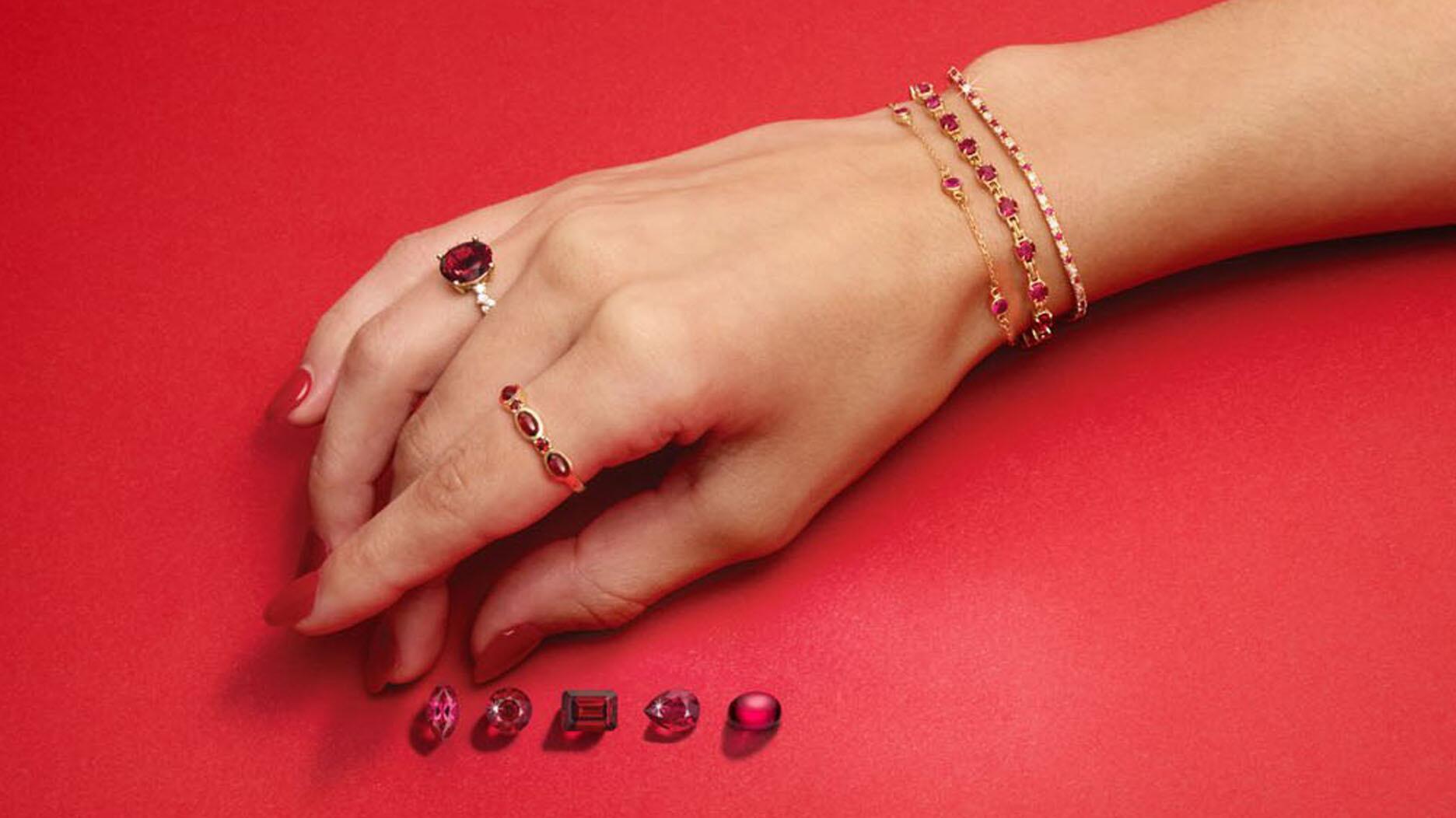Rio Tinto Workplace Report Reveals ‘Deeply Disturbing’ Culture
Employees reported instances of sexual assault and harassment, racism, bullying, and other forms of discrimination.

The review, facilitated by former Australian Sex Discrimination Commissioner Elizabeth Broderick, was carried out as part of the mining company’s “Everyday Respect” task force.
The company launched the task force in March 2021, looking to “better understand, prevent and respond to harmful behaviors in the workplace,” according to a press release about the findings.
What the report uncovered was “deeply disturbing,” said Rio Tinto Chief Executive Jakob Stausholm.
The study was conducted over eight months and involved asking 10,303 people to share their experiences via an online survey, which was available in 10 languages.
There were also 109 group listening sessions, held in 7 languages at nearly 20 different locations, as well as 85 confidential individual listening sessions, and 138 individual written submissions.
Looking at the last five years, the review found that bullying and sexism are systemic across worksites.
Employees said they were expected to “toughen up,” with nearly half (48 percent) of those surveyed reporting being bullied. Women (53 percent) were more likely to experience bullying than men (47 percent).
By location, employees in Australia (52 percent) and South Africa (56 percent) were the most likely to experience bullying.
Of those surveyed, 28 percent of women and 7 percent of men reported having been sexually harassed at work. Twenty-one women reported actual or attempted rape or sexual assault.
Women also reported various instances of sexism and discrimination, including fear of letting managers know they were pregnant and difficulty getting a flexible work schedule.
They also reported being denied gender-specific bathrooms, being left out of decisions and overlooked for promotions, and being asked to take notes, get coffee, or do a colleague’s laundry.
One respondent said that she “would not recommend Rio Tinto as a place to work for female friends or colleagues.”
Racism was said to be “common” in several areas, especially for those working outside of the country where they were born.
Of those who identify as Aboriginal or Torres Strait Islander in Australia, 40 percent of men and 32 percent of women said they experienced racism.
“I have copped racism in every single corner of this company,” said one employee.
LGBTQI+ employees reported significantly higher rates of bullying, sexual harassment, and racism compared with employees who do not identify themselves in that way.
These employees reported not feeling safe to identify themselves as LGBTQI+ to their colleagues and, when they did, were excluded and targeted by harassment.
“Overall, their comments suggest that the same hypermasculine norms and culture that can fuel everyday sexism and sexual harassment can also fuel heterosexism, making the inclusion and safety of employees who identify as LGBTQI+ a priority in any cultural reform,” said the report.
Employees also reported “harmful behavior” between employees and leaders and pointed to a “hierarchical, male-dominated culture” as a specific risk factor.
This behavior has been tolerated or normalized, said the report, and the identities of serial offenders are often an open secret.
The report found that employees feel there is little accountability, particularly for senior leaders, who behave in this manner and that these leaders are able to avoid consequences for this behavior.
Employees also highlighted a “capability gap” among those leading and managing people across all areas of the company, but particularly on the frontline.
“The findings of this report are deeply disturbing to me and should be to everyone who reads them. I offer my heartfelt apology to every team member, past or present, who has suffered as a result of these behaviors. This is not the kind of company we want to be,” said Stausholm.
He said he felt “shame and enormous regret” at what has gone on and added that he was grateful to those employees who came forward and shared their stories.
Apologies aside, the company’s report outlined 26 recommendations to improve workplace culture and prevent discriminatory and otherwise unacceptable behavior.
The recommendations focus on five key areas, including preventing harmful behavior via training and education programs.
“Rio Tinto places considerable and critical importance on safety and risk minimization. It is considered that this should extend to the prevention of harmful behaviors,” said the report.
Another key area of focus is leadership, with the report suggesting the company recruit and promote people with both subject matter expertise and people management ability.
The report also highlighted the need for a “caring and human-centered response to disrespect and harmful behavior,” suggesting the formation of an independent, confidential, and discrete unit that can respond to reports of harmful behavior and take a “trauma-informed” approach to supporting those affected.
The report noted the importance of providing employees with safe and appropriate facilities and the benefit of evaluating the company’s progress toward reform.
“Whilst progress is occurring at Rio Tinto, the challenge now is to ensure that this cultural shift—embedding everyday respect, eradicating harmful behaviors and ensuring consequences for those who use them—is replicated at all levels of the organization,” said the report.
The report recommended the company have an independent review of its progress within two years of implementing the recommendations.
“This report is not a reason for reduced confidence in Rio Tinto,” said Elizabeth Broderick.
“By proactively commissioning this study, one of the largest of its kind within the resources industry, it demonstrates a very clear commitment to increased transparency, accountability and action.”
Rio Tinto’s leadership team is motivated to change, said Broderick, and recognizes that a new approach needs to be taken to combat these serious issues.
There is also a high level of confidence among employees that significant changes can be made over the next two years, Broderick added.
Stausholm said, “I am determined that by implementing appropriate actions to address the recommendations, and with the management team’s commitment to a safe, respectful and inclusive Rio Tinto in all areas, we will make positive and lasting change and strengthen our workplace culture for the long term.”
The full report can be found here.
The Latest

Lady Gaga, Cardi B, and Karol G also went with diamond jewelry for Bad Bunny’s Super Bowl halftime show honoring Puerto Rico.

Jewelry is expected to be the No. 1 gift this year in terms of dollars spent.

As star brand Gucci continues to struggle, the luxury titan plans to announce a new roadmap to return to growth.
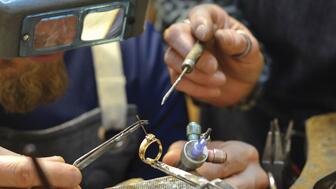
Launched in 2023, the program will help the passing of knowledge between generations and alleviate the shortage of bench jewelers.

The White House issued an official statement on the deal, which will eliminate tariffs on loose natural diamonds and gemstones from India.


Entries for the jewelry design competition will be accepted through March 20.

The Ohio jeweler’s new layout features a curated collection of brand boutiques to promote storytelling and host in-store events.

Criminals are using cell jammers to disable alarms, but new technology like JamAlert™ can stop them.

From heart motifs to pink pearls, Valentine’s Day is filled with jewelry imbued with love.

Prosecutors say the man attended arts and craft fairs claiming he was a third-generation jeweler who was a member of the Pueblo tribe.

New CEO Berta de Pablos-Barbier shared her priorities for the Danish jewelry company this year as part of its fourth-quarter results.
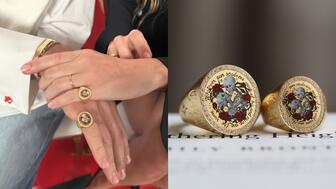
Our Piece of the Week picks are these bespoke rings the “Wuthering Heights” stars have been spotted wearing during the film’s press tour.

The introduction of platinum plating will reduce its reliance on silver amid volatile price swings, said Pandora.
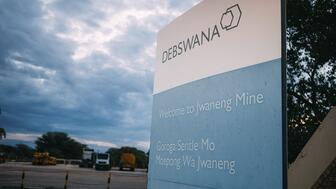
It would be the third impairment charge in three years on De Beers Group, which continues to grapple with a “challenging” diamond market.


The Omaha jewelry store’s multi-million-dollar renovation is scheduled to begin in mid-May and take about six months.

The “Paradise Amethyst” collection focuses on amethyst, pink tourmaline, garnet, and 18-karat yellow gold beads.

The retailer credited its Roberto Coin campaign, in part, for boosting its North America sales.

Sherry Smith unpacks independent retailers’ January performance and gives tips for navigating the slow-growth year ahead.
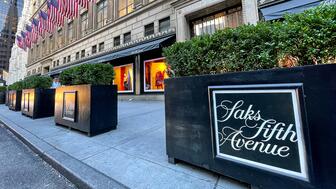
From how to get an invoice paid to getting merchandise returned, JVC’s Sara Yood answers some complex questions.
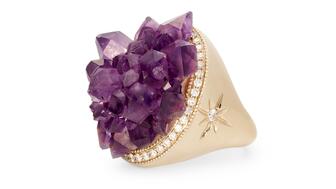
Amethyst, the birthstone for February, is a gemstone to watch this year with its rich purple hue and affordable price point.

The Italian jewelry company appointed Matteo Cuelli to the newly created role.

The manufacturer said the changes are designed to improve speed, reliability, innovation, and service.

President Trump said he has reached a trade deal with India, which, when made official, will bring relief to the country’s diamond industry.

The designer’s latest collection takes inspiration from her classic designs, reimagining the motifs in new forms.

The watchmaker moved its U.S. headquarters to a space it said fosters creativity and forward-thinking solutions in Jersey City, New Jersey.

The company also announced a new partnership with GemGuide and the pending launch of an education-focused membership program.
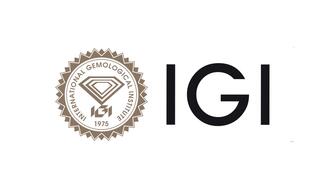
IGI is buying the colored gemstone grading laboratory through IGI USA, and AGL will continue to operate as its own brand.












